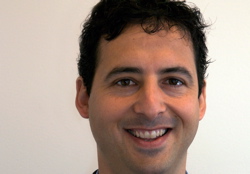A group of students and faculty from the UNC School of Journalism and Mass Communication had dinner with members of the N.C. Supreme Court and the N.C. Press Association on Feb. 16, 2011. After dinner the people at each table (there was a justice at each table) discussed one of these topics:
1. Do you believe in the concept of judicial independence? Should media endorsements be made on the basis of decisions made in certain cases? If you believe in both, how can the two ideas be reconciled?
2. Given that public financing limits the campaigns of judicial candidates, which results in most voters being uninformed (1/3 of voters do not vote for judges, and 1/2 of those who do vote for judges likely cast uninformed votes), should the media be more proactive in covering judicial races and helping in this aspect of civic education?
3. What is the appropriate role of the media in covering appellate court decisions? Does an incentive to cover the more controversial decisions conflict with a duty to inform the public of important, yet less intriguing, decisions? Do controversial decisions receive too much editorial commentary, as opposed to general, fact based coverage?
4. In the case of criminal trials, particularly high-profile crimes, where should courts draw the line on media coverage in order to ensure a fair trial, or should they draw a line at all? Could a trial closed to the public ever be fair to the defendant or the victims?
5. Are voters qualified to elect appellate judges? Most have no real idea of who is on the ballot now. What might be better ways to select people to serve on the Court of Appeals and Supreme Court? Should they have life terms such as federal judges?

